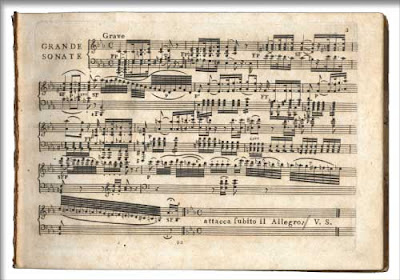Good morning, afternoon, or evening, readers of this blog. I suppose I could lie and say I don’t like to foist my poems on you, but the truth is I do like certain things very much, and among these are writing poems, having my own blog where I can
foist them on show them to you, life, liberty, and the pursuit of happiness. Part of what brings the happiness is having you as my all-volunteer but temporarily captive audience.
In the United States we honor the dead of all wars on Memorial Day in May. On Veterans Day in November we honor the living who have served in our country’s armed forces. Sometimes people get these two observances confused, but that’s okay, they can. It’s a free country.
And that is precisely the point. To keep our country free, some have made the ultimate sacrifice with their own blood, and some who willingly would have made the ultimate sacrifice emerged from the experience alive and still breathing, but often profoundly changed. It is fitting that we honor both.
It has been several years since I wrote the poem in today’s post. It was not inspired by Veterans Day or written specifically for it. However, I think Veterans Day is a good time to show it to you.
If the title of the poem (“Thy Brother’s Blood”) sounds familiar, it may be because it is taken from the story of Cain and Abel in the book of Genesis:
And Cain talked with Abel his brother: and it came to pass, when they were in the field, that Cain rose up against Abel his brother, and slew him.
And the LORD said unto Cain, Where is Abel thy brother? And he said, I know not: Am I my brother’s keeper?
And [the LORD] said, What hast thou done? The voice of thy brother’s blood crieth unto me from the ground.Here’s the poem:
Thy Brother’s Blood
by Robert Henry BragueA poet (I forget his name) spoke
at the second inauguration
of little Billy Blythe of Hope, Arkansas,
whom the world knows as William Jefferson Clinton,
and let me just state here for the record
in this year of our Lord two thousand four
that many people would like to forget
the name William Jefferson Clinton,
many people wish his smiling face
would disappear from our national consciousness
or, to be more accurate,
that it had never appeared there in the first place,
but thanks to the wonders of modern technology
and the incessant, arrogant media,
the relentless, pontificating media,
who know with perfect knowledge
what products we should buy
and what entertainments we should enjoy
and whom we should admire
and what thoughts we should think
and do not hesitate to tell us at every opportunity,
we cannot, we are stuck with him
and his power-hungry wife,
but I digress.
I remember the poet’s name: Miller Williams.
He mentioned “the anonymous dead”
and I did not get a warm fuzzy feeling,
I did not get all cheery and hopeful,
I did not feel the way I felt when Maya Angelou,
the unforgettable Maya Angelou, urged us all
four years earlier to say, with hope,
“Good morning,”
I did not feel that way at all.
I have seen the skulls and skeletons
beneath the subways of Paris,
there in the catacombs, piles and piles
of anonymous dead
(though they are not anonymous),
photographed in living color
and published in Smithsonian magazine;
I have read of the mass graves
in Iraq and in the former Yugoslavia;
I have read of Sudan and Rwanda,
where they didn’t even bother to dig graves;
I have read of the Mekong Delta and the Hanoi Hilton;
I have read of Chosin Reservoir and Pork Chop Hill;
I have seen old newsreel footage,
black and white and grainy,
of soldiers standing before the opened oven doors
at Auschwitz, Dachau, Bergen-Belsen, and Treblinka;
I have seen the charred and broken remains
of what once were human bodies
(and they are not anonymous);
I have read of the Bulge and the beaches of Normandy,
Utah and Omaha and Pointe-du-Hoc,
I have read of Okinawa and Guadalcanal;
I have read of Iwo Jima and the death march on Bataan;
I have read of the Marne and the Argonne Forest;
I have read of Gettysburg and Antietam,
of Shiloh and Chickamauga;
I have read of Valley Forge;
I have walked through rows and rows of graves
at Arlington National Cemetery;
and one sunny September morning
in the year of our Lord two thousand one
I watched with my own eyes
on live television
as the second plane
hit the second tower;
I watched both buildings fall.
Make no mistake,
these common, ordinary people,
these so-called anonymous dead
(though they are not anonymous)
who have come to include
office workers in lower Manhattan
and commuters on trains in Madrid
and schoolchildren in Chechnya,
and millions upon millions
of aborted American babies,
they are not anonymous,
and they are not silent.
(End of poem)
If you prefer poems that rhyme, you may not have liked my poem. If you prefer happy, bright poems that make you skip down the sidewalk and sing in the sunlight, you may not have liked my poem either. But if you don’t mind something a little darker, a little more serious, even a little jarring, something that might cause you to think for a while after you read it, maybe you like my poem. I hope you did, but I can’t force you to. It is still, after all, a free country.










